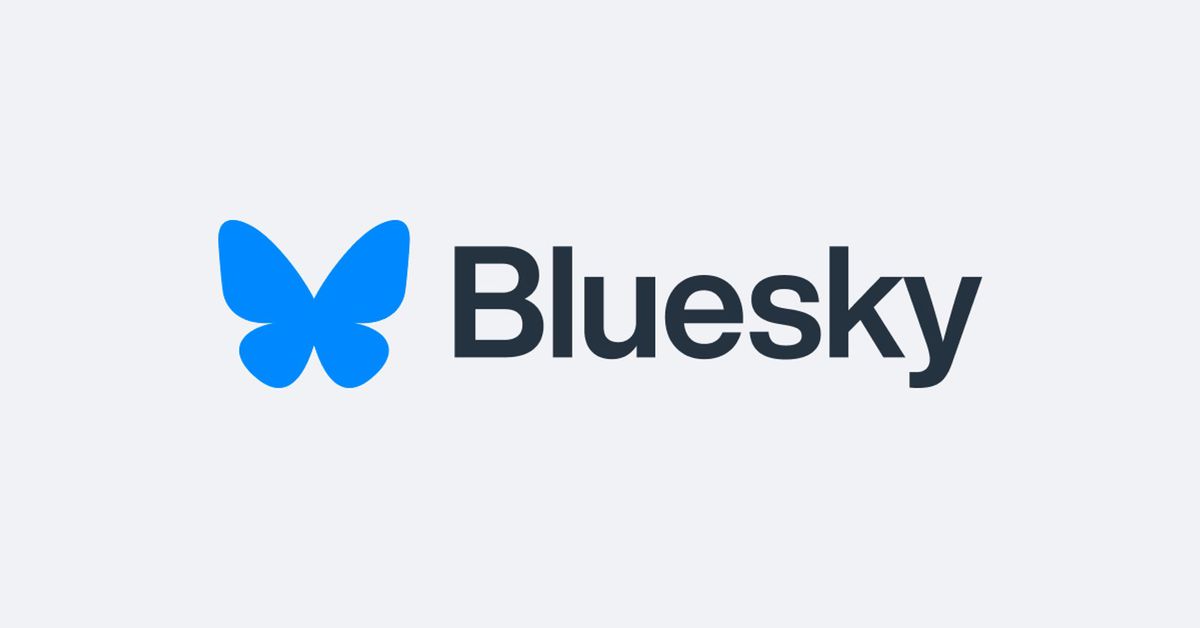- cross-posted to:
- technology@lemmy.org
- technology@lemmit.online
- cross-posted to:
- technology@lemmy.org
- technology@lemmit.online
Bluesky posts are finally open to the public::Bluesky remains an invite-only decentralized Twitter alternative, but now, you don’t need to be logged in to be able to see posts on the platform. The app has a new logo, too.



Can someone explain to me how Bluesky is different than Mastodon and if it’s not different why they bothered creating it when Mastodon exists? I truly don’t get it.
https://marketvantage.com/blog/what-does-bluesky-mean-for-advertising/
So…Mastodon…with ads?
Give Gargron time he’ll add ads and buddy up with Meta while signing mystery NDAs
deleted by creator
That’s a serious accusation. Got anything to back it up?
i don’t see what similarities to mastodon it has
They built their own federated protocol and it’s a microblog
it isn’t very federal at the moment
If AT protocol goes public, other software might federate with existing Bluesky servers. Bluesky servers should have a set of filters that would keep safe for everyone joining the chosen server.
They’d have to do that in custom feeds (which people can ignore) or on 3rd party account servers (which people also can ignore, just like in Mastodon)
less confusing to sign up and use, nice clean looking app, same look and feel as the OG twitter
You could build all that on top of Mastodon too though. E.g mozilla.social uses Firefox accounts to sign in and the Elk theme.
And equally requires an invite code.
Original Twitter had a shit app, that was always the case too people used third party apps which became a cause for the exodus when that Twat stopped them working.
deleted by creator
Atprotocol.
Mastodon and activitypub is very much like social media implemented in the form of public email lists implemented over HTTP (push massages between servers).
Bluesky uses content addressing (think magnet links for torrents, but for linking to post data) and pull mechanism with notifications, plus public shared archive nodes (CDN-like servers).
The main difference is that you’re much more independent of individual servers and can easily move your account around, since your account ID is tied to a cryptographic key belonging to your account which you bring with you along with your post archive, and your handle can be based on a domain name you own (also works as a verification mechanism you don’t have to pay extra for).
It has a data salad which has the benefit of making it marginally easier to migrate accounts and also makes it much more resource intensive and unsafe.